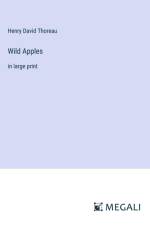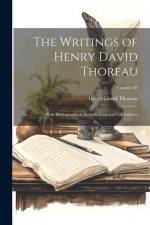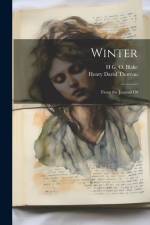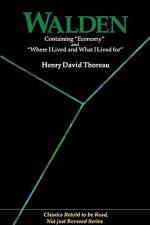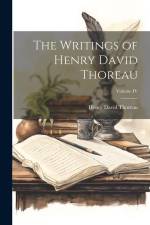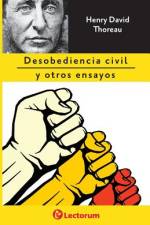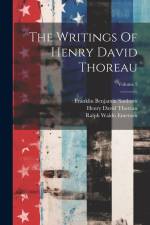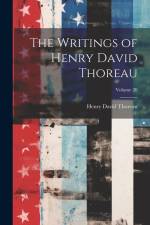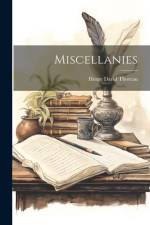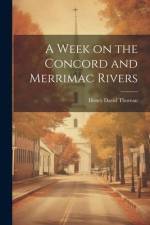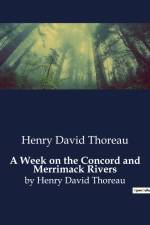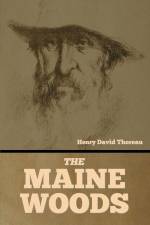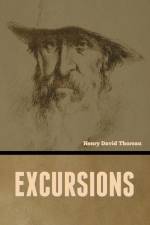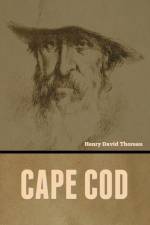- Containing Economy and Where I Lived and What I Lived for (Classics Retold to Be Read, Not Just Revered)
av Henry David Thoreau
197
Walden is an account of the two years and two months that David Henry Thoreau lived on the shores of Walden Pond, supporting himself by the labor of his own hands. In conducting this natural experiment in simple living, Thoreau hoped to discover what was essential to life. In this book, he says: I went to the woods because I wanted to take a good look at life. I wanted to learn what life had to teach. What I didn't want was to discover, just before I died, that I hadn't lived at all. I did not want to live what is not life, for life is too precious. And I didn't want to just accept life, unless it was absolutely necessary. I wanted to live deeply, see into the heart of things. I wanted to drive life into a corner, and reduce it to its lowest terms. If life turned out to be ugly, then I wanted to see it as such and tell the world about it. If life were sublime, then I wanted to know all its wonders through personal experience, and give a true account of it. Walden is a revolutionary book, calling into question the very principles of modern society. It challenges the reader to reconsider the foundations of his or her life. The present version is a retelling of the first two chapters of the original. Part of the Classics Retold to be Read, Not just Revered series, this retelling of the first two chapters of Walden has been undertaken to make the book more widely accessible -- without diluting its intellectual content -- for both emerging adults seeking broader perspectives and intellectually curious older readers. The text is set in a slightly larger typeface for easier reading. The Author Henry David Thoreau (1817-62) was a philosopher, naturalist, and abolitionist. He is considered the father of modern environmentalism. In 1846 he spent a night in jail for refusing to pay taxes to a government that permitted slavery. This experience led to his writing Civil Disobedience, which called for individual resistance to immoral government, and which influenced the thinking of Mahatma Gandhi, Martin Luther King, and others.


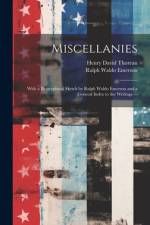
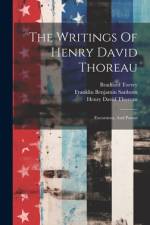
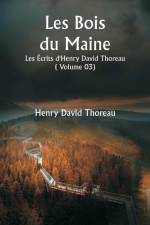
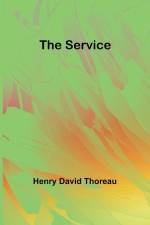


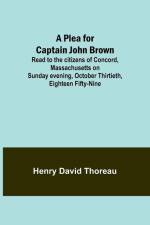
![Canoeing in the Wilderness [Standard Large Print 16 Pt Edition] af Henry David Thoreau](https://cdnbackdoor.tales.as/thumbnail/150x225/products/00258/80661/canoeing-in-the-wilderness-standard-large-print-16-pt-edition.jpg)
